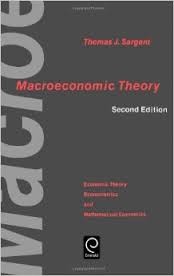This past weekend Nobel Laureate Ronald Coase died. He is one of the most influential social science scholars ever, having shaped questions of organizational economics, and virtually founding the field of law & economics. His 1937 paper, “The Nature of the Firm,” addressed the canonical question for organizational economics, and a mere 23 years later in 1960 he altered the trajectory of social science research with “The Problem of Social Cost.” As Coase put it:
Transaction costs were used in one case to show that if they were not included in the analysis, the firm has no purpose, while in the other I showed, as I thought, that if transaction costs were not introduced into the analysis, for the range of problems considered, the law had no purpose (p. 62).
The Cheap Talk guys give us a short, pithy take on the organizations piece, and Steven Landsburg distills the essence of the externalities argument here.
It’s difficult to convey what an influence Coase has had on the profession, but it is certainly much greater than the “median” Nobel Prize winner. Peter Klein weighs in:
His “Problem of Social Cost” (1960) has 21,692 Google Scholar cites, and “The Nature of the Firm” has 24,501. Adam Smith’s Wealth of Nations, summed across editions, has about 30,000. Coase changed the way economists think about the business firm and the way they think about property rights and liability…. Not all economists have agreed with his arguments and conceptual frameworks, but they radically changed the terms of debate in the economics of law, welfare, industry, and more. He is the key figure in the “new institutional economics” (and co-founder, and first president, of the International Society for New Institutional Economics).
The Lawrence Economics Blog’s links to Coase are here, and here is a the University of Chicago notice. If you just type “Coase” into a search engine, you will have plenty to read. Wow.


